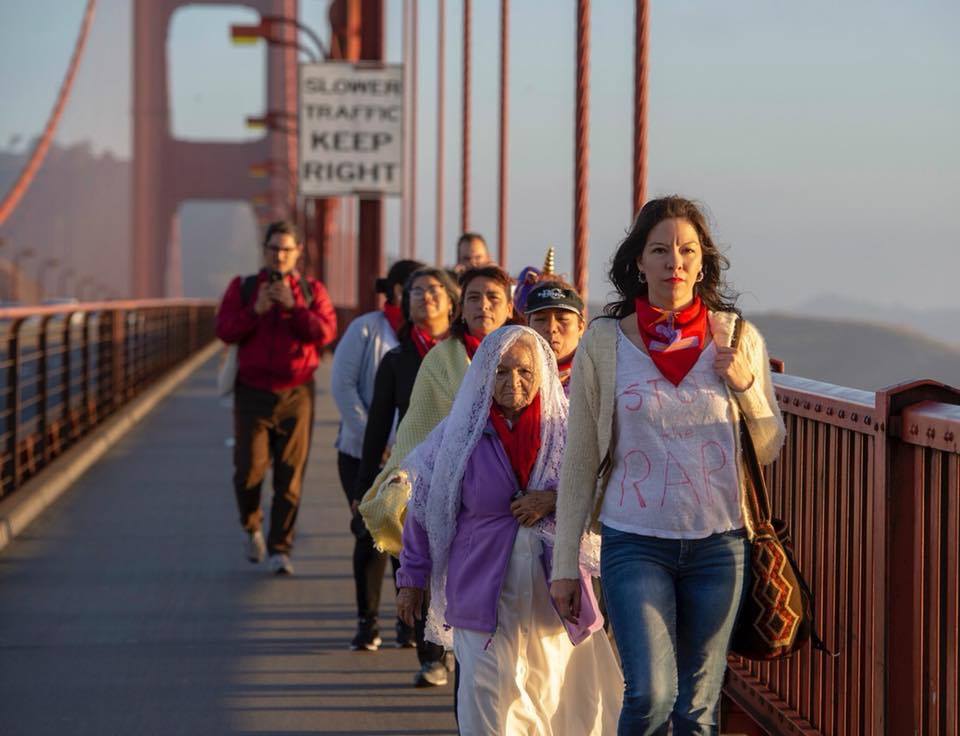For some, the connection between advancing economic security and protecting survivors of domestic violence may not seem obvious. What do finances have to do with violence? Advancing financial stability is critical in the fight to end domestic violence.
Over one-quarter of women in the United States have experienced sexual violence or physical violence in their lifetime. 74% of these survivors report staying with an abuser for economic reasons. Further exacerbating the problem, estimates from the National Violence Against Women Survey indicate that women in the U.S. collectively lose nearly 8 million days of paid work each year because of domestic violence. Between one quarter and one-half of domestic violence victims report that they lost a job, at least in part, due to domestic violence. Moreover, domestic violence is a primary cause of homelessness for women and families. Compounding this problem, abusers often leverage financial consequences in order to gain power and control over their victims, exacerbating the survivor’s situation. Between 94-99% of domestic violence survivors have experienced economic abuse, which involves maintaining control over financial resources, withholding access to money, or attempting to prevent or survivor from working and/or attending school in an effort to maintain financial dependence as a means of control.
How to protect survivors of domestic violence
Ensuring survivors have access to economic resources is critical to helping them leave and stay out of an abusive relationship is critical. In fact, financial instability is a primary predictor of whether a survivor will return to an abusive relationship or be able to establish independence and leave permanently.
The Stronger California Advocates Network is a statewide network of organizations and coalitions working to advance economic security for women and families. A core Stronger California Roundtable partner is the California Partnership to End Domestic Violence (CPEDV) and the Stronger California Advocates Network has prioritized legislation to advance protections for domestic violence survivors, including two pending bills: SB 1017 (Eggman), the Keeping Survivors Housed Act, would strengthen eviction protections for domestic violence survivors by closing loopholes in current eviction protections, increasing survivors’ documentation options and increasing the situations when survivors can utilize this crucial protection to avoid eviction and homelessness. SB 1017 passed out of the legislature and is now awaiting action from Governor Newsom.
SB 975 (Min) would protect survivors from the negative impacts of debts taken out in their name through coercion or without their knowledge or consent by preventing debt collection against survivors when they can demonstrate that the debt was incurred as a result of coercion. SB 975 will protect survivors’ economic well-being by preventing them from having to pay the costs of these debts and protecting their credit report and credit score from being damaged as a result of the debt. SB 975 is awaiting a final floor vote in the California State Assembly.
These bills are just one piece of the puzzle. Advocates from all across the country are fighting to help survivors leave and stay out of abusive situations. Check out the types of policies that have been enacted including workplace protections, housing protections, and protections against economic abuse by visiting Equal Rights Advocates’ Policy Hub and searching for “Domestic Violence/DV protections” in the dropdown menu under “Issues.”
Be sure to check out ERA’s Flashtalk in partnership with CPEDV and Live Violence Free on the relationship between economic security and domestic violence. To learn more about Equal Rights Advocates’ policy work or to get involved in our advocacy efforts, sign up for our Action Team email list. You can also follow us on Twitter and Instagram for latest updates.

